By Patience Mama Loum
Almost three years since Gambia’s Truth Commission ended its probe into massive human rights violations in November 2021 allegedly committed under the dictatorship of Yahya Jammeh, and seven years since Jammeh was ousted from power, Gambian surviors of murder, rape and torture have been craving for justice.
While effeorts by the Gambian government to set up a tribunal of an international nature to try crimes against humanity and related attrocities committed under Jammeh’s watch drags on, three countries have since taken up the lead in bringing justice to survivors, via universal jurisdiction trials in Genmany, Switzerland, and the United States.
In November 2023 and in May 2024, trials involving Gambians (a former minister and a former soldier) took centerstage under the principles of Universal Jurisdiction. One of the trials occurred in Celle, Germany involving one of former President Yahya Jammeh’s death squad member (known as the Junglers), who was accused of crimes against humanity and convicted for the murder of journalist Deyda Hydara, as well as the murder of a former soldier, Dawda Nyassi, and an attempted murder of Ousman Sillah, a Gambian lawyer. Following the recommendations of German Federal Prosecutors on November 16, 2023, Lowe was sentenced to life imprisonment.

Deyda was co-founder of The Point newspaper, and a correspondent of Agence France-Presse, AFP and Reporters Without Borders, RSF. He was known to be a fierce critic of Jammeh and his tyranny and had questioned Jammeh’s desire to prolong his stay in power. Jammeh had ruled the Gambia with an iron fist for 10 years when he ordered Deyda’s killing, according to testimonies, and for 12 more years after his assassination.
Another similar trial occurred in Bellinzona, Switzerland, a landmark trial involving former Minister of Interior, Ousman Sonko, who was convicted and sentenced to 20 years imprisonment for three murders, multiple acts of torture, illegal deprivations of liberty in conditions amounting to torture, all committed between 2000 and 2016 during the Yahya Jammeh dictatorship, according to TRIAL International.
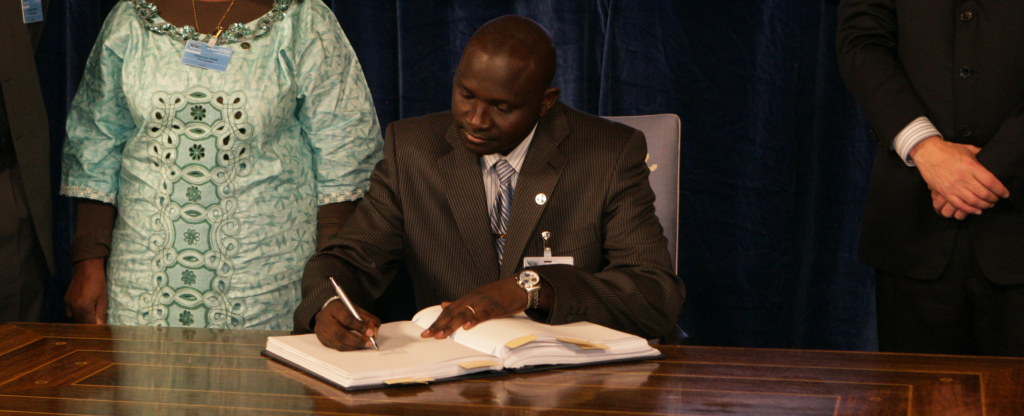
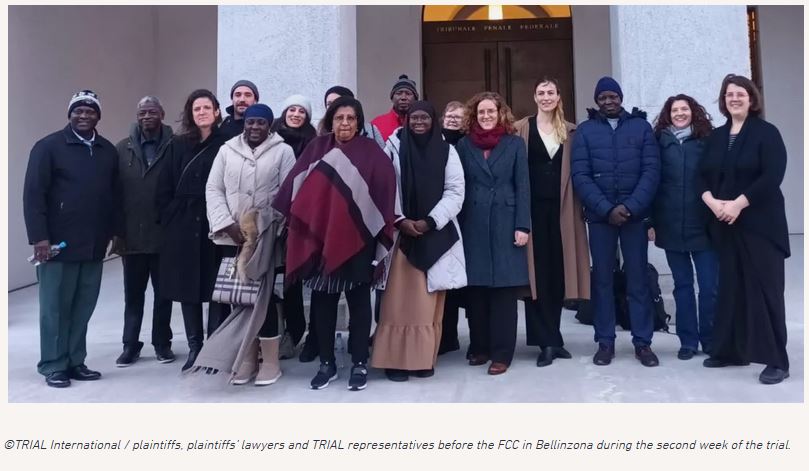
Sonko’s sentencing, a 20-year jail term (minus approximately 7 years already served in custody), will culminate in his expulsion from Switzerland. The Court found Ousman Sonko guilty of the killing of a perceived political opponent in 2000; of torture and illegal detention in connection with a coup plot in March 2006; of the killing of a politician in 2011 and of deprivations of liberty as well as acts of torture – including one killing – of peaceful demonstrators in 2016. He has been ordered to pay compensation to the plaintiffs according to the prejudices suffered.

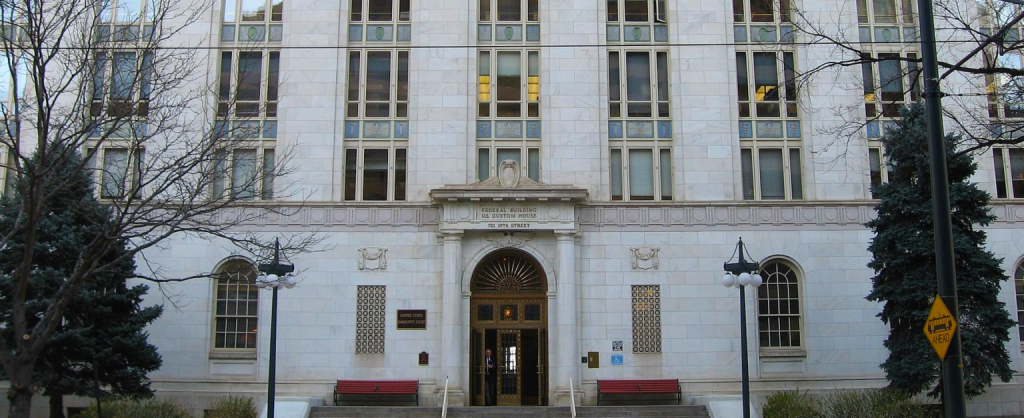
The third trial under the principle of universal jurisdiction, will be that of Michael Sang Correa, a former jungler under the command of Yahya Jammeh. His trial will take place in Denver, Colorado in the United States in September 2024. He faces charges of torture. Correa was indicted by the United States Immigration and Customs Enforcement, with one count of conspiracy to commit torture and six counts of inflicting torture on specific individuals in The Gambia.
The historic trial is a major step towards truth and justice for Gambian victims and the first ever trial in the United States based on the principle of universal jurisdiction, according to TRIAL International.
What is Universal Jurisdiction?
According to the United Nations Office of the High Commissioner for Human Rights (OHCHR), Universal Jurisdiction is a specific form of extraterritorial jurisdiction. It is based on the idea that some crimes are so serious that all states have the obligation to prosecute offenders, even if the offender is not a national of that state and even if the crime was committed elsewhere.
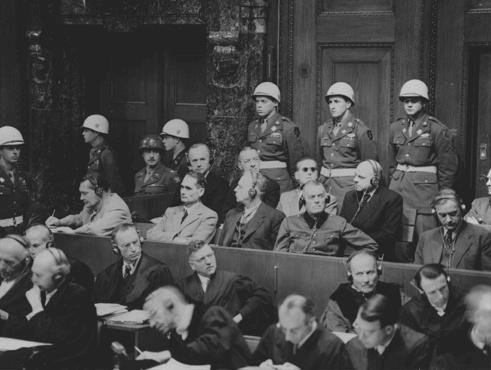
The concept of universal jurisdiction became more developed after the trials at the end of World War II of German Nazi leaders in Nuremberg and of Japanese military leaders in Tokyo. These tribunals prosecuted crimes against peace, war crimes, and crimes against humanity, which had not been specifically prosecuted before. While these tribunals had other bases
for their jurisdiction, it is now generally accepted that they were applying a form of universal jurisdiction.
After the war, the Geneva Conventions were adopted in 1949 to clarify the laws of war and the definitions of war crimes. The Geneva Conventions specify that all states parties to the Conventions must prosecute perpetrators of war crimes in their own courts or hand them over to another state that will prosecute them.
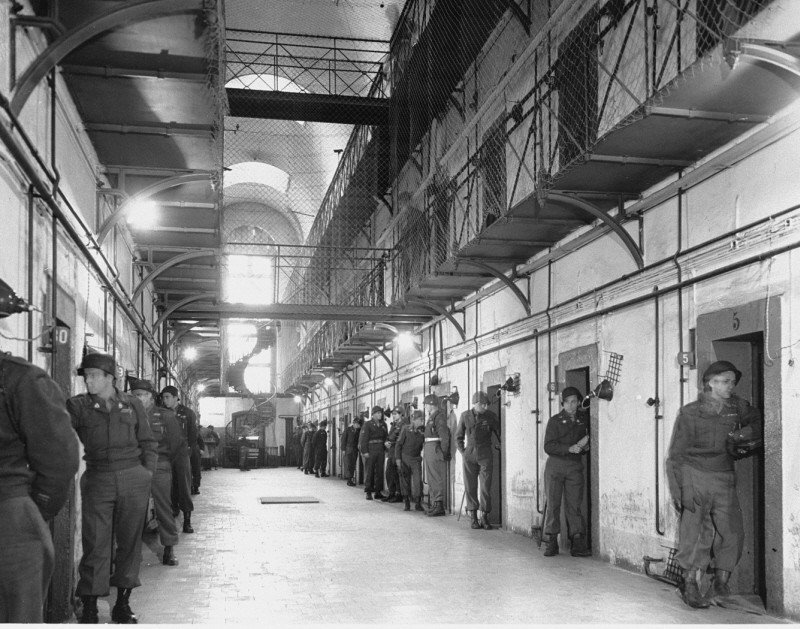
Since the Geneva Conventions, several other human rights instruments have followed this example and require states to criminalize and prosecute violations. For example, the 1984 Convention Against Torture clearly states that states parties are obligated to prosecute or extradite anyone who is alleged to have committed torture.
Universal Jurisdiction trials are not only unique to Gambian perpetrators of grave human rights violations. The OHCHR quoted a report by Trial International which states that 125 international criminal charges were brought under universal jurisdiction in 2021 globally. This includes 34 charges of war crimes, 66 crimes against humanity, 25 genocide and 17 on conflict related violence.
According to the UN, one of the advantages of instituting universal jurisdiction in prosecuting international crimes, is that it promotes accountability where it might otherwise be absent.


